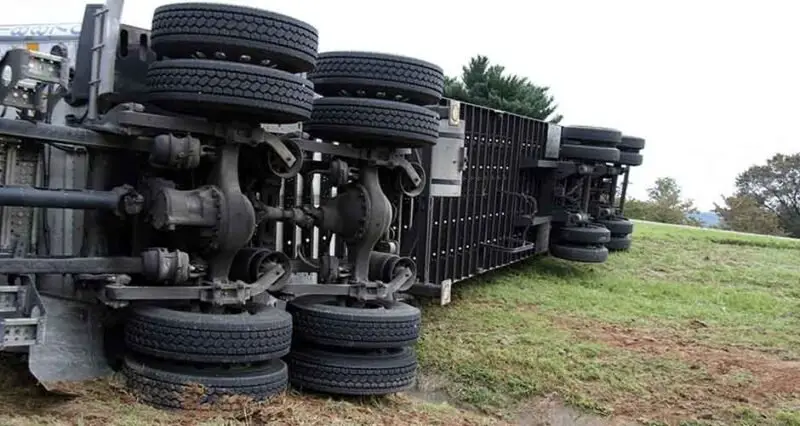
Road safety is a huge concern, especially when it comes to large trucks. Understanding the top causes of truck accidents is crucial for promoting awareness and implementing preventive measures. In this post, we will dive into the top causes of truck accidents, shedding light on the factors that contribute to these incidents and exploring ways to enhance road safety.
1. Distracted Driving
Distracted driving is a leading cause of truck accidents. Truck drivers, like all motorists, can be susceptible to distractions such as mobile phones, in-cab technologies, and other external factors. These distractions divert attention from the road, increasing the risk of accidents. Truck drivers may face even more unique distractions, including communication devices, GPS systems, and paperwork. Managing these distractions is critical to maintaining focus on safe driving. Implementing strict policies, providing education, and encouraging responsible device usage can help prevent distracted driving among truck drivers.
2. Fatigue and Hours of Service Violations
Fatigue significantly impairs a truck driver’s reaction time and decision-making capabilities, leading to an increased risk of accidents. Federal regulations govern the hours of service for commercial drivers to mitigate the risks associated with fatigue. Understanding and adhering to these regulations is crucial for road safety.
Extended driving hours, in violation of hours of service regulations, are often linked to fatigue-related accidents. Enforcing compliance and taking the proper measures to monitor driver hours is essential for reducing these incidents.
3. Speeding and Reckless Driving
Speeding is another common factor in truck accidents, contributing to reduced control, increased stopping distances, and more severe collisions. Reckless driving is also a common factor in truck accidents. Pressure to meet tight schedules, aggressive driving behavior, and inadequate training can contribute to reckless driving among truck drivers.
Truck drivers and companies can face severe legal consequences for speeding and reckless driving violations, emphasizing the importance of compliance.
4. Poor Weather Conditions
Adverse weather conditions, such as heavy rain, snow, or high winds, pose unique challenges for large trucks due to their size and weight. Reduced visibility, slippery roads, and difficulty maintaining control are common factors contributing to weather-related truck accidents. Truck drivers must exercise caution, reduce speed, and adapt driving techniques to adverse weather conditions to enhance safety on the road.
5. Improper Loading and Cargo Issues
Proper cargo loading and securement are crucial for maintaining the stability and balance of a truck, preventing accidents caused by shifting loads. Imbalanced or improperly secured cargo can compromise a truck’s stability, leading to loss of control and potential accidents. Accidents stemming from cargo issues may include rollovers, jackknifes, or spills. Adhering to loading guidelines, routine inspections, and employee training are essential for preventing accidents related to improper cargo loading.
Understanding the top causes of truck accidents is an important step toward improving road safety. By addressing issues such as distracted driving, fatigue, speeding, adverse weather conditions, and cargo-related issues, we can work towards preventing accidents and creating a safer environment for all drivers on the road. It is crucial for truck drivers, trucking companies, and policymakers to collaborate on effective measures that prioritize safety. Remember, vigilance and following best practices contribute to safer roads for everyone.

